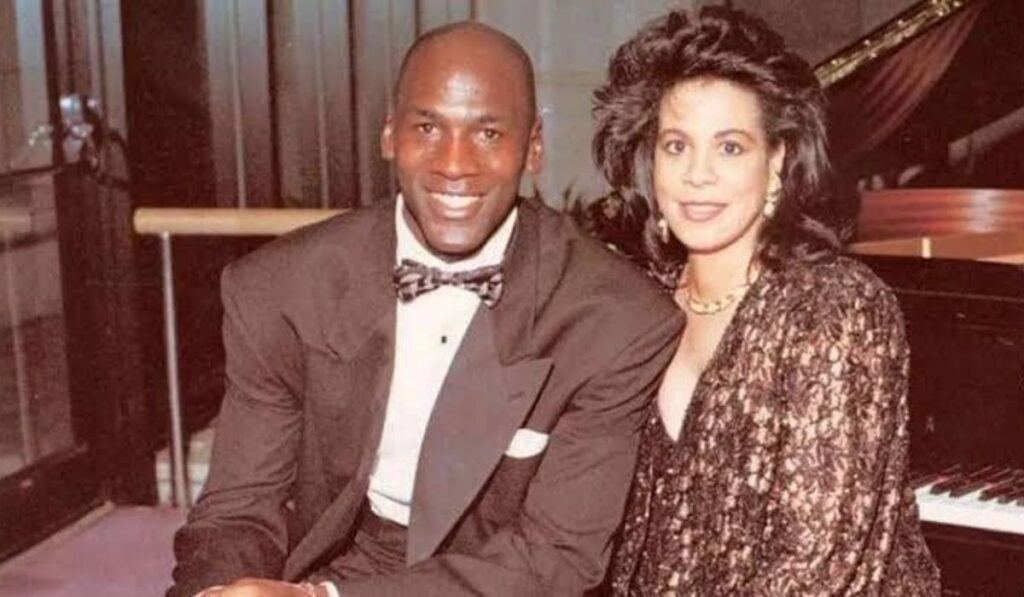The case of dennis eugene durden mugshot and his mugshot has captured public attention. Mugshots serve as a record of an arrest, but they often come with questions about the individual and the circumstances surrounding their detention. This article explores the story behind Durden’s mugshot, providing insight into his arrest and what it means in the context of the legal system.
Who is Dennis Eugene Durden?
Dennis Eugene Durden is not widely known, but his arrest and subsequent mugshot have placed him in the public eye. People have shown interest in his background and the reasons for his arrest. While detailed personal information about Durden is not readily available, his case has piqued curiosity due to the spread of his mugshot.
The Circumstances of the Arrest
Dennis Eugene Durden’s mugshot surfaced after his arrest, making it a part of public records. A mugshot is typically taken when someone is brought into police custody. It is used to document their appearance at the time of the arrest. Mugshots have become part of the broader criminal justice system and often garner public interest when shared online or in the media.
Durden’s arrest followed standard legal procedures. His arrest could have been the result of an ongoing investigation or an immediate situation requiring police intervention. While the mugshot gives a glimpse of this moment, it doesn’t tell the full story. It’s important to remember that an arrest does not imply guilt.
The Legal Process After an Arrest
Once an individual is arrested, including Dennis Eugene Durden, they undergo several legal steps. After his arrest, Durden likely experienced a formal booking process where his personal information and fingerprints were recorded. This would have been followed by an arraignment, where the charges against him were presented in court.
The court process allows the individual to plead guilty, not guilty, or no contest to the charges. From there, the legal case moves forward either to trial or a plea bargain. Throughout this process, the mugshot remains part of the public record and can impact public perception of the case.
Mugshots in the Digital Age
With the advent of the internet, mugshots like Dennis Eugene Durden’s can spread quickly. Once a mugshot is made public, it can be shared across various websites and social media platforms. This often results in people who are not well-known becoming the focus of attention. Unfortunately, this exposure can lead to lasting consequences, even if the individual is eventually found not guilty.
Mugshots, now more than ever, influence how people are perceived. In the past, they were primarily used for law enforcement purposes. Today, they can be easily accessed and circulated online, impacting the individual’s personal and professional life. The digital age has changed the role of mugshots from a simple arrest record to a potential tool of public judgment.
Social Stigma and Mugshots
The release of a mugshot often results in social stigma for the person involved. In the case of Dennis Eugene Durden, the wide circulation of his mugshot could affect how he is viewed by others, regardless of the outcome of his case. Many people associate a mugshot with guilt, even though an arrest does not mean the person is guilty of any crime.
This stigma can affect various aspects of a person’s life, from job prospects to personal relationships. Once a mugshot is made public, it can be difficult for individuals to move forward. In some cases, individuals may pay for their mugshots to be removed from certain websites, but the lasting impact on their reputation is often hard to reverse.
Legalities of Mugshots and Privacy

One key issue with mugshots, including that of Dennis Eugene Durden, is the question of privacy. Once a mugshot is part of the public record, it can be challenging to remove it from the internet. Some states allow individuals to request the removal of their mugshot if they are acquitted or if charges are dropped, but these laws are not universal.
In many areas, mugshots remain publicly accessible indefinitely. Several websites specialize in posting mugshots and may charge individuals to remove their images. This practice raises questions about the ethics of making arrest photos so easily accessible and the potential exploitation of individuals who have been arrested but not convicted.
Media Sensationalism and Mugshots
Mugshots often become a focal point for media sensationalism. Stories like Dennis Eugene Durden’s can attract attention due to the availability of the mugshot, even when details of the arrest are unclear. Media outlets may use these images to generate interest and engage readers, regardless of the outcome of the legal proceedings.
The media’s focus on mugshots can skew the public’s perception of a case, leading people to assume guilt based on an arrest photo alone. This portrayal can influence how the individual is treated in court and by the public. A mugshot only captures a single moment and does not provide the full picture of the circumstances.
The Future of Mugshots and Public Records
As the conversation around privacy evolves, there is ongoing debate about the role of mugshots in the public domain. Some argue that mugshots should only be released after an individual is convicted, while others believe they should remain public as a matter of transparency.
Dennis Eugene Durden’s case highlights the potential impact of releasing mugshots before the legal process is complete. Whether the legal system will change its approach remains to be seen, but for now, mugshots continue to play a major role in shaping public opinion about individuals who have been arrested.
Conclusion: Dennis Eugene Durden’s Mugshot and Its Impact
Dennis Eugene Durden’s mugshot is a reminder of how public perception can be shaped by a single image. While a mugshot is part of the legal process, it is important to remember that it represents only the arrest, not a conviction. As the legal process continues, the public should remain cautious about making assumptions based solely on a mugshot.
Mugshots, like Durden’s, can have lasting effects in today’s digital age, influencing how individuals are viewed long after the legal proceedings are over. Whether changes to the legal system regarding the release of mugshots will occur in the future is uncertain, but for now, they remain a significant part of how society views people who have been arrested.
FAQs
1. Who is Dennis Eugene Durden?
Dennis Eugene Durden is an individual whose mugshot became widely circulated following his arrest. While detailed information about his background may be limited, his arrest and subsequent mugshot have drawn public interest.
2. Why was Dennis Eugene Durden arrested?
The specific reasons for Dennis Eugene Durden’s arrest are not fully clear in the public domain. However, most mugshots are taken following an individual’s arrest for suspected involvement in a crime. The exact charges and legal process would be clarified by court records.
3. Is Dennis Eugene Durden guilty of the crime he was arrested for?
A mugshot does not indicate guilt. Dennis Eugene Durden, like anyone arrested, is presumed innocent until proven guilty in a court of law. The mugshot is merely a part of the booking process during an arrest.
4. Can I find more information about Dennis Eugene Durden’s legal case?
Yes, in many cases, legal proceedings and case details are made available through court records or public documents. You can check with the relevant local courts or online databases that provide access to criminal records.
5. Why do mugshots become public?
Mugshots are part of public records in most jurisdictions. When someone is arrested, their mugshot is taken as part of the booking process and made available to the public, unless the records are sealed by the court for specific reasons.









































